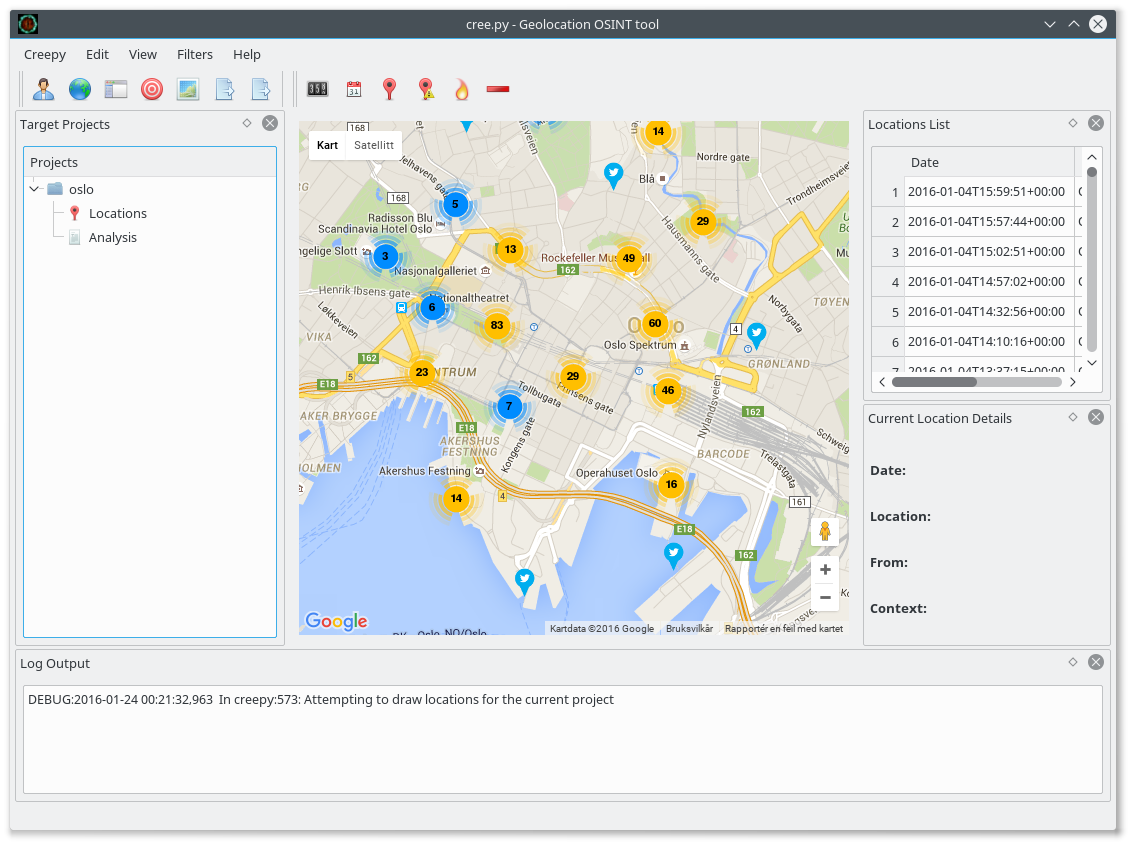I'm happy to report that +the +French paperback edition of +my +project to translate the Free +Culture book by Lawrence Lessig is now available for sale on +Lulu.com. Once I have formally verified my proof reading copy, which +should be in the mail, the paperback edition should be available in +book stores like Amazon and Barnes & Noble too.
+ +This French edition, Culture Libre, is the work of the +dblatex developer Benoît +Guillon, who created the PO file from the initial translation +available from +the Wikilivres +wiki pages and completed and corrected the translation to match +the original docbook edition my project is using, as well as +coordinated the proof reading of the final result. I believe the end +result look great, but I am biased and do not read French. In +addition to the paperback edition, the book is available in PDF, EPUB +and Mobi format from the github project page linked to above.
+ +When enabling book store distribution on Lulu.com, I had to nearly +triple the price to allow the book stores some profit. I also had to +accept that I will get some revenue when a book is sold via Lulu.com. +But because of the non-commercial clause in the book license +(CC-BY-NC), this might be a problem. To bypass the problem I +discussed how to handle the revenue with the author, and we agreed +that the revenue for these editions go to the +Creative Commons non-profit +Corporation who handle donations to the Creative Commons project. +So far they have earned around USD 70 on sales of the +English +and +Norwegian +Bokmål editions, according to Lulu.com. They will get the revenue +for the French edition too. Their revenue is higher if you buy the +book directly from Lulu.com instead of via a book store, so I +recommend you buy directly from Lulu.com.
+ +Perhaps you would like to get the book published in your language? +The translation is done using a web based translator service, so the +technical bar to enter is fairly low. Get in touch if you would like +to make this happen.
+